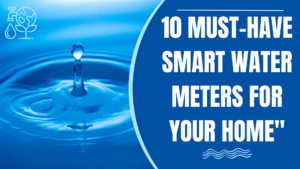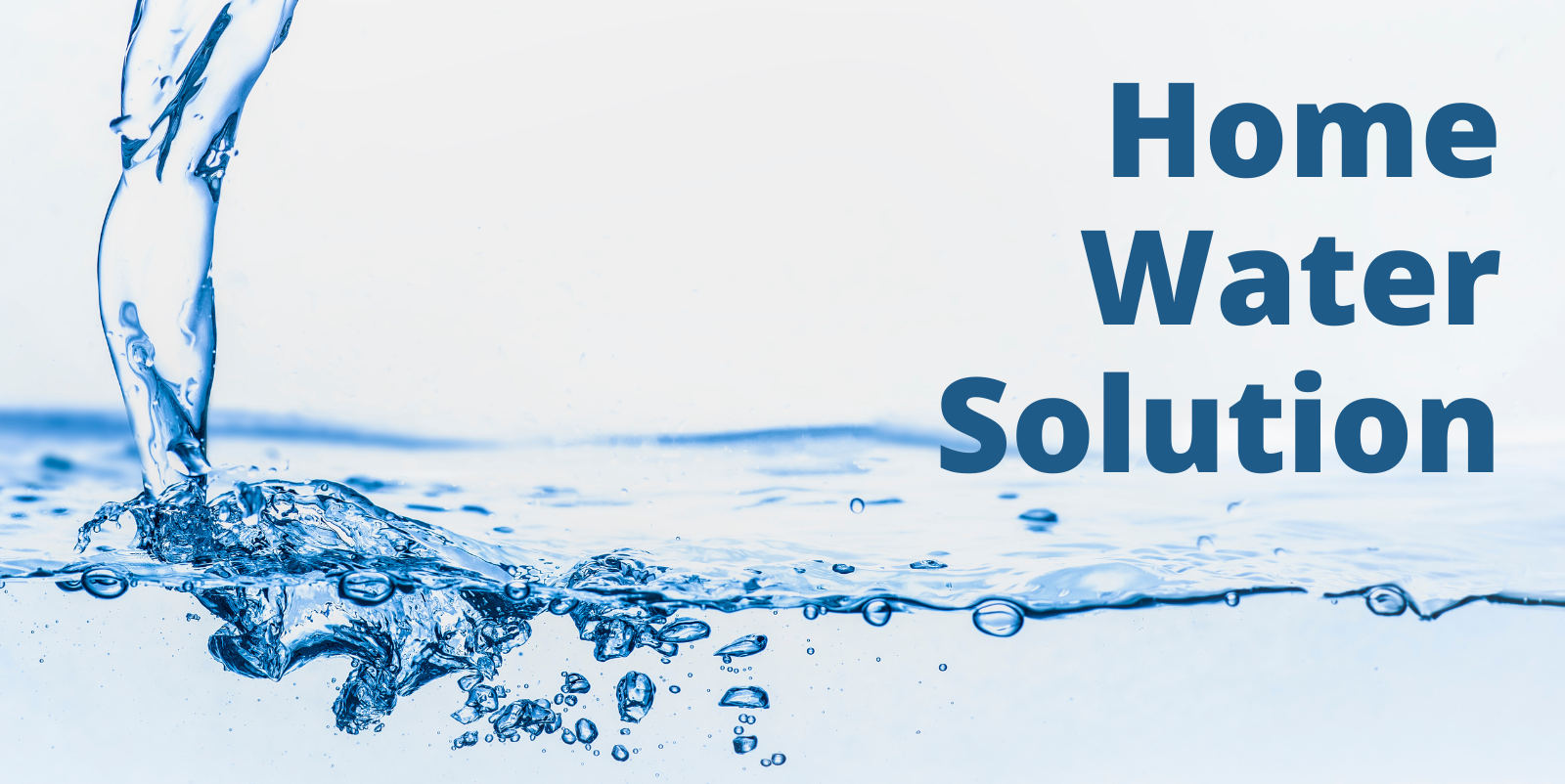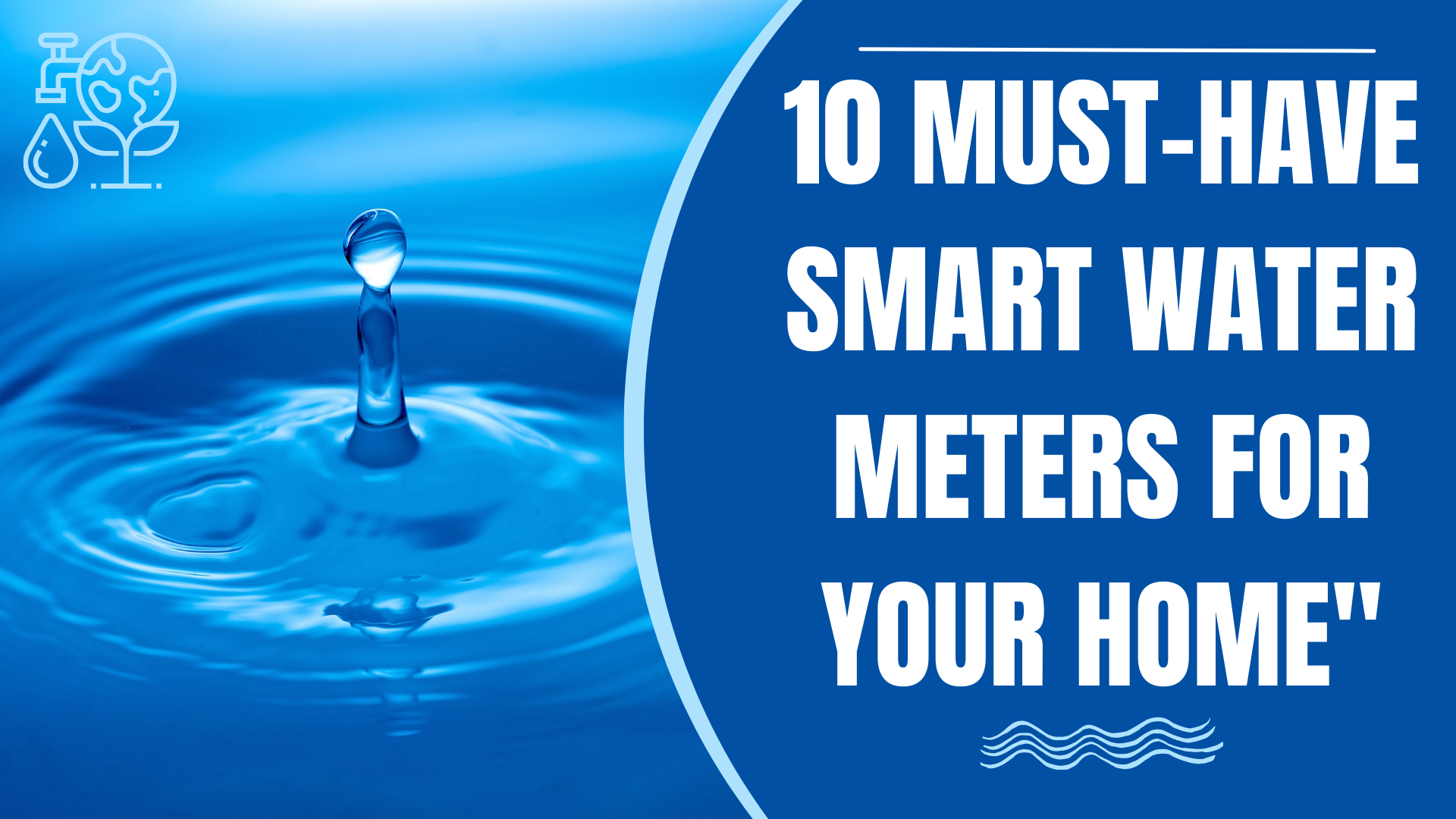Introduction
Home water solution: Clean, pure water is not just a resource; it’s the foundation of a healthy lifestyle. For homeowners, health-conscious individuals, and environmental advocates, the importance of a reliable water filtration system cannot be overstated. However, the quest to find the perfect filtration solution can be as murky as unfiltered water. Fear not—we’re here to help clear things up with our guide to choosing the right water filtration system for your needs!
Understanding the nuances of filtration technology and aligning them with your personal and environmental values requires informed decision-making. Here’s how you can make a splash in your water consumption habits with a comprehensive filtration strategy.
Identifying Your Water Contaminants
Before you can purify, you must identify. Knowing what’s in your water is the first step to filtering it out. Water quality reports, available from your local utility, detail the contaminants that might be lurking in your supply. If you’re using well water or want a more detailed analysis, consider an independent water test. Common undesirables include chlorine, heavy metals, pesticides, and bacteria.
Finding the Right Filtration Method in-home Water Solution
Different strokes for different folks—or in this case, filters for contaminants. Not all filters are created equal. Here are a few common types:
- Activated Carbon: Effective at removing organic compounds, chlorine, and lead.
- Reverse Osmosis: Excels in reducing a wide range of pollutants, including fluoride and arsenic.
- Ultraviolet: Uses UV light to kill bacteria and viruses.
- Ion Exchange: Softens water by removing limescale and heavy metals like calcium and magnesium.
Considering Flow Rate and Capacity
The size of your household and your daily water usage should dictate the flow rate and capacity of the filtration system. A larger family might need a whole-house filtration system with a high flow rate, ensuring every tap delivers purity on demand, without a noticeable drop in water pressure.

Evaluating Maintenance and Ongoing Costs
A low upfront cost might hide higher maintenance fees, frequent filter changes, and energy consumption. Research each system’s requirements and tally them up for the long term. Your future self—free from surprise expenses—will thank you.
Factoring Environmental Impact
Consider the environmental impact of the system’s operation and the life cycle of its filters. If sustainability is a top concern, prioritize systems with recyclable or biodegradable components.
Additional Features
Some systems go the extra mile to not just filter but also enhance your water with mineral retention and pH balancing. These features can keep essential minerals in your water and prevent the acidity that can sometimes result from filtration.
—
Armed with this information, map out your requirements against the products available. Always opt for certified systems (look for NSF/ANSI standards) to ensure that the product meets rigorous health and safety guidelines.
Finally, remember that installing a water filtration system is an investment in your health, environment, and quality of life. Take a deep breath—and a clear sip—knowing you’ve made an informed choice for your home’s hydration needs.
Happy hydrating!
Remember, for more information on water filtration systems or advice tailored to your unique situation, do reach out to professionals who can provide personalized, expert guidance. Drink to your health, and may your water be as pure as nature intended! So go ahead and make a splash with your new water filtration system. Cheers! Although choosing the right water filtration system may seem like an overwhelming task, it’s worth it in the long run for the benefits to your health and well-being. By understanding your water contaminants and considering factors such as flow rate, maintenance costs, environmental impact, and additional features, you can make an informed decision and find the perfect filtration system for your needs. Don’t hesitate to seek professional advice to ensure that you are making the best choice for your specific situation. With a reliable water filtration system, you can enjoy clean, pure water on demand, promoting a healthier lifestyle for yourself and a cleaner environment for all. Cheers to better hydration! Let’s raise our glasses to a healthier future! There’s no need to compromise on the quality of your water when you can have it all with a well-chosen filtration system. So go ahead and make the switch today for a happier, healthier you. Here’s to cleaner, purer water in every glass! Happy hydrating!
How do I choose a water treatment system?
Choosing the right water treatment system for your home involves a multifaceted approach, addressing both the quality of your water and your household’s specific needs. Start by obtaining a detailed water quality report from your local utility or conducting an independent test to identify contaminants. This knowledge allows you to match the types of filtration or purification systems that are most effective against your water’s impurities. Consider the size of your household, water consumption rates, and whether point-of-use or whole-house filtration suits your situation best. Take into account the system’s maintenance requirements, replacement filter costs, and any additional features that could enhance the water quality further, such as mineral retention or pH balancing. Always choose products certified by recognized standards like NSF/ANSI to ensure they meet strict health and safety criteria. Lastly, consider the environmental impact of the system, opting for solutions with sustainable and recyclable components when possible. By thoroughly evaluating these factors, you can confidently select a water treatment system that delivers clean, safe water tailored to your needs and values.
What is the most effective water filtration system?
Determining the “most effective” water filtration system requires a nuanced approach, as the optimal choice varies depending on the specific contaminants present in your water, your household size, and your personal needs. However, many experts consider reverse osmosis (RO) systems to stand out in terms of comprehensive contaminant removal. Reverse osmosis systems are highly effective at reducing a broad spectrum of pollutants, including heavy metals, fluoride, arsenic, certain pesticides, and microorganisms, making them a versatile solution for many households. Despite their effectiveness, it’s crucial to remember that RO systems may also remove beneficial minerals from water and produce wastewater, considerations that might influence your decision based on your health goals and environmental sustainability values.
The two most common water filtration systems found in households today are activated carbon filters and reverse osmosis (RO) systems. Activated carbon filters work by adhering contaminants to the surface of the carbon particles through a process called adsorption. These systems are particularly effective at removing chlorine, sediment, volatile organic compounds (VOCs), and taste and odor issues, making them a popular choice for improving the overall palatability of tap water. On the other hand, reverse osmosis systems offer a more comprehensive filtration solution by forcing water through a semi-permeable membrane that blocks contaminants larger than water molecules. RO systems can remove a wider range of pollutants, including dissolved salts, lead, and bacteria, making them an excellent option for households concerned about a broad spectrum of contaminants.






